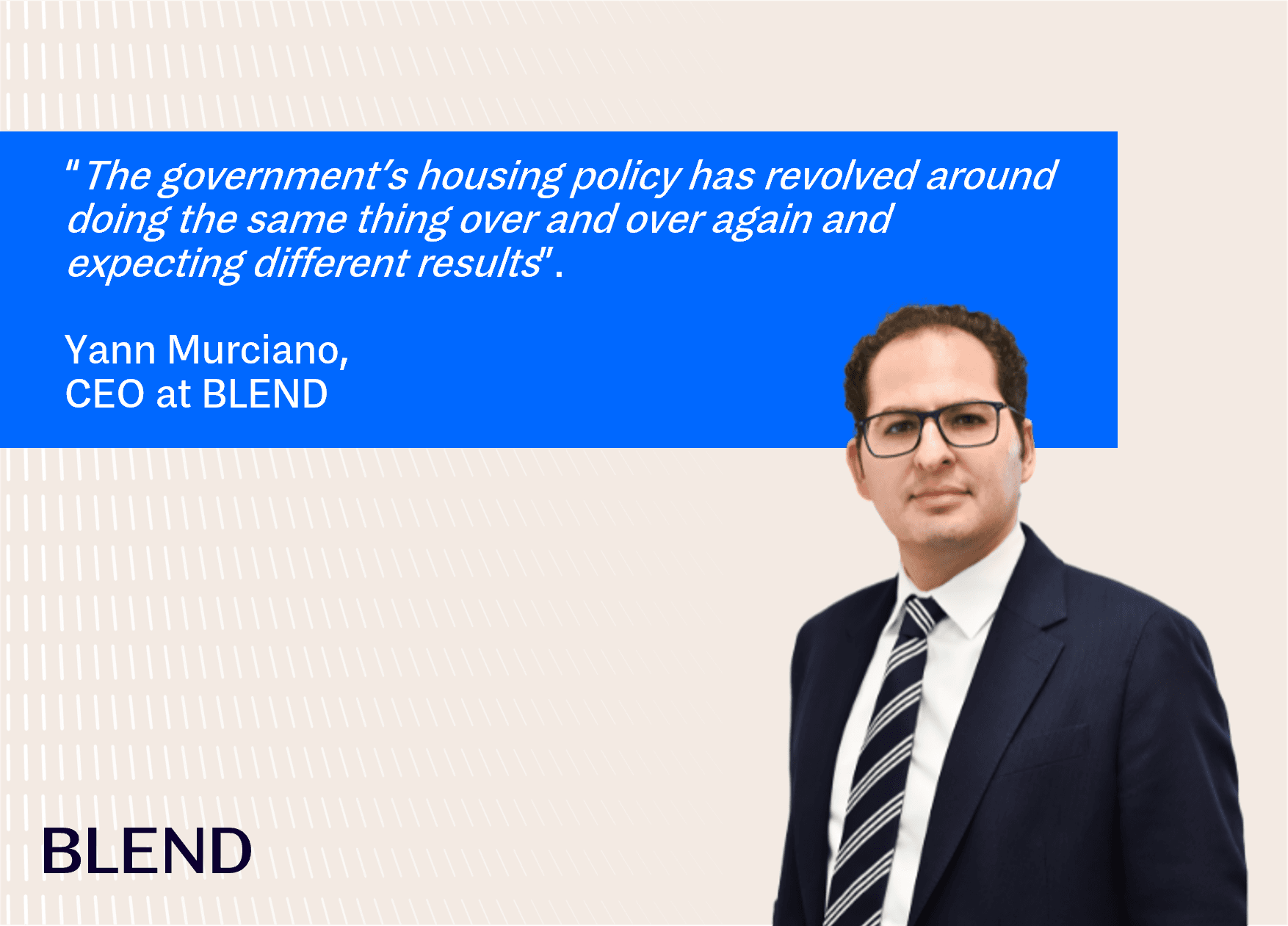We are undoubtably living through times of unprecedented economic uncertainty and financial volatility, the consequences of which are being felt most severely by many in the housing market. Much has been said over the past days about ordinary prospective home buyers who are now unable to get onto the housing ladder, either because their mortgage offers were part of the almost 1,000 deals that got pulled out as panic gripped the UK housing market, or because they are now unable to afford their mortgage repayments following a rate hike that puts a 2-year fixed product at nearly 6%. However, the current credit tightening also has a more subtle, perhaps less visible, and longer-term impact on prospective home buyers by affecting housing supply in an already undersupplied market. The current situation also urgently calls for through the cycle lenders who are able to expertly blend hands on relationship lending with robust numbers-driven due diligence and credit analysis to throw their substantial financial wight behind experienced SME developers and support them in any climate.
“The current situation calls for through the cycle lenders who are able to expertly blend hands on relationship lending with robust numbers-driven due diligence and credit analysis to throw their substantial financial wight behind experienced SME developers and support them in any climate”.
At a time when chronic housing shortage is one of the biggest challenges the UK faces, credit tightening faced by property developers is a silent threat to long-term supply of affordable housing. For years, the government has had a target of building 300,000 new homes every year to match demand and keep housing costs affordable, but less than 250,000 were built last year, a 10-year high. Challenges to housing supply such as shortage or affordability of development finance loans represent a time bomb that could worsen the housing shortage and whose impact will be felt in years to come. For example, between March and June 2020 almost 40,000 fewer homes were built in England and Wales [i] due to Covid19 and a combination of site lockdowns and credit tightening during the pandemic. The results of those fewer homes built are still being felt now and will continue to be felt in the future. This is why now, more than ever before, we need to support through the cycle lenders with a seasoned property solution driven team who are able to provide the right funding solution come rain or shine. And the reality is that over the past few years many specialist non-bank lenders, with their nimble set up, agile funding and seasoned property solution driven teams, have filled the role of reliable through the cycle lender to SME property developers up and down the country. During the pandemic, many specialists non-bank lenders brilliantly rose to the challenge of supporting SME property developers at a time when high street lenders were busy with Covid emergency loans and focusing their resources on the government-guaranteed lending. Now, under different circumstances, we are yet again witnessing specialist non-bank lenders step into the fold and demonstrate they are not fair-weather lenders but instead are a reliable lending partner in any cycle.
Does that mean it will be business as usual with specialist non-bank lenders stepping in to fill the funding gap left by many other lenders? Certainly not, and I believe the current credit tightening and financial headwinds may well serve as an opportunity for the housing market collectively to ‘go back to basics’, sit back and rethink its development strategy, particularly around the types of schemes it is willing to back. For example, it is no secret that despite the widespread nationwide housing shortage that has been afflicting the UK for years, some parts of the country have seen an unreasonable oversupply of housing and become saturated with block after block and tower after tower being erected in a relatively short space of time. No need to call out locations, but saturated areas of the same stock are likely to feel the most pain. As always, prime London will remain an outlier driven by a completely different set of factors. Right now, this market traditionally driven by international capital flows will likely benefit from a weaker Pound and run to safety in the face of ongoing geopolitical risks on the global stage. Cities such as Leeds, Manchester, and Birmingham have strongly benefitted from large firms relocating outside London and students staying in them after graduation to work in the expanding number of regional growth hubs, especially within the technology sector. Other cities such as Bristol and Bath have benefitted from the influx of second-home buyers. The big question remains whether those cities will be able to maintain their recent growth.
Let’s keep a close eye on consented land prices and what has been a sellers’ market for a very long time and also what the Government is planning to do with Help to Buy given new applications close at the end of this month. But what remains clear is that good specialist non-bank lenders will continue to back experienced developers on good schemes come rain or shine.
Blend is a specialist development finance lender that works with experienced mid-sized property developers in the UK.
For more information, please visit www.blendnetwork.com or email us at enquiries@blendnetwork.com
BLEND Loan Network Limited is authorised and regulated by the Financial Conduct Authority (Reg No: 913456).
BLEND Loan Network Limited is registered in England and Wales. Registered office: Evelyn House, 142 New Cavendish Street, London W1W 6YF.
Don’t Invest unless you’re prepared to lose money. This is a high-risk investment. You may not be able to access your money easily and are unlikely to be protected if something goes wrong. Take 2 mins to learn more.



